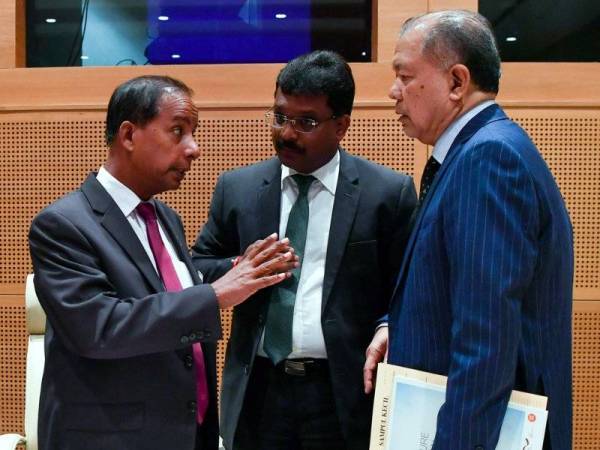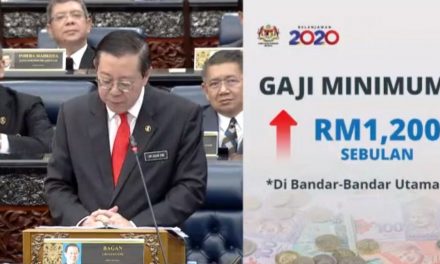PETALING JAYA | The Malaysian Employers Federation (MEF) has voiced concern over what it claimed was the government’s failure to consult stakeholders over labour law reforms.
Its president Tan Sri Azman Shah Haron said there were announcements that were never discussed with stakeholders, adding that this had serious ramifications on the cost of doing business and on industrial relations.
Citing amendments to the Industrial Relations Act (IRA) tabled for first reading in the Dewan Rakyat on Monday by Human Resources Minister M. Kulasegaran, Azman charged that the latter had done so “on his own volition”.
He accused the minister of sidestepping the established platform of the National Labour Advisory Council (NLAC).
“This means he also ignored the views and position of the internationally recognised stakeholders, which are the MEF and MTUC (Malaysian Trades Union Congress),” he told reporters here yesterday.
Azman also took Finance Minister Lim Guan Eng to task for raising the minimum wage from RM1,100 to RM1,200 for big cities during his Budget 2020 speech, which he said was just one year after he announced the last revision of RM1,050.
“It is obvious that the minister prefers his own personal judgement in setting the minimum wage while choosing to ignore the views and recommendations of experts in the National Wages Consultative Council once again,” he said.
According to the National Wages Consultative Council Act 2011, the minimum wage should be reviewed at least every two years with due processes.
“Increasing the minimum wage by another RM100 in just 12 months will not solve the problem of the high cost of living.
“It will compound the problem with increased prices of goods and services,” he said, adding that more than 95% of the minimum wage beneficiaries were foreign workers who remit a high percentage of their earnings back to their home countries.
The government should instead make good their GE14 promise by subsidising 50% of the increase in minimum wages, he said.
Azman said the government should consider providing Malaysian workers with subsidy payment of RM250 to help them cope with the increased cost of living.
“The definition of the minimum wage should be amended to gross wages so that it encourages productivity growth,” he said, adding that minimum wage was currently defined as basic wage only.
On the extension of maternity leave from 60 to 90 days and expansion of overtime eligibility from workers earning less than RM2,000 to those earning less than RM4,000, Azman said amendments on such key labour legislation should be deliberated properly.









